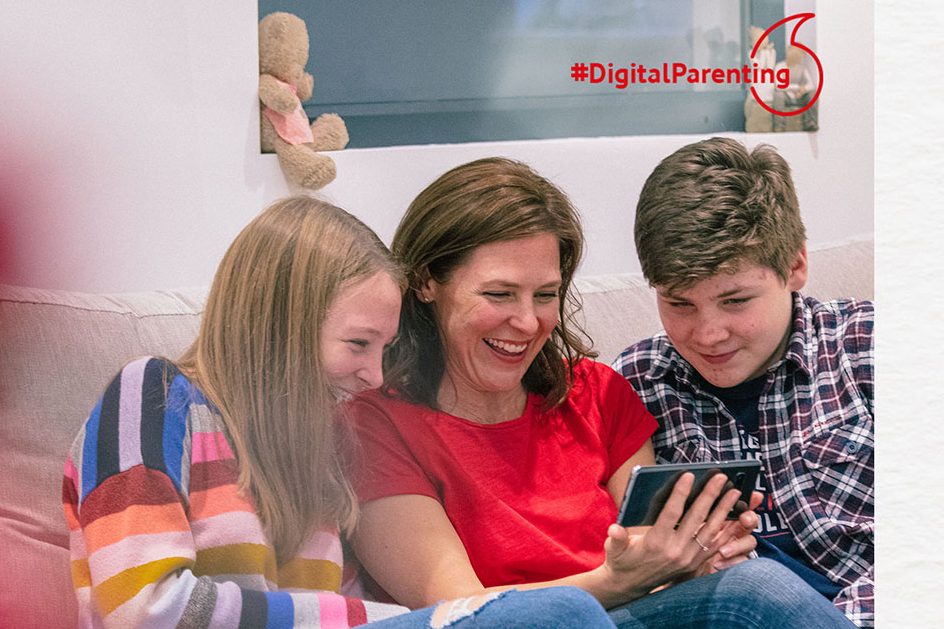
Catherine Russell, Vodafone’s Head of Sustainable Business in the UK, reflects on 10 years of Digital Parenting Magazine and how much the landscape has changed over the period.
Sharing music instantly, sending uplifting Instagram posts, and swapping silly Snapchat-filtered photos are all regular occurrences in my family, as I’m sure they are in many other families. But “Can I show you something funny on TikTok?” is a phrase I can’t imagine ever saying to my mum when I was a teenager.
Because the world of parenting has changed completely in a single generation through the advent of digital technology.
We’re celebrating the 10th anniversary of our Digital Parenting magazine – a huge anniversary that marks a decade-long commitment by Vodafone to helping parents navigate the unchartered waters of raising kids against a backdrop of rapidly evolving tech.
We’ve distributed nine million magazines to schools and parents over that period. You can order your copies our 10th anniverary edition here.
I’ve been involved with the magazine for the past five years, and as a parent myself, have found the process of bringing it to life both cathartic and informative. It’s so wonderful to know each of us isn’t alone in not being able to keep up with the latest trends – the number of eye-rolls I get from my kids over dinner is staggering!
And the magazine has also proved invaluable for providing helpful tips, wise stories from other parents, and the views of experts.
A changing world
When I was a teenager, the internet didn’t exist, nor did mobile phones or social media, and there are many who feel this was a simpler, happier, kinder time as a result. Bullying still existed but you could confine it to the playground. Kids didn’t obsess quite so much about their looks and popularity. ‘Stranger danger’ was there but easier to educate against.
Now connected smartphones have made the lives of our children far more complicated, with inappropriate or dangerous content just a few taps away; online bullying insidiously ever-present; and adult predators posing as youngsters seemingly lurking around every web chat.
But while there are undoubted dangers and drawbacks, I’ve watched my teenage son and daughter grow up with the world’s facts at their fingertips – no more hefty Encyclopaedia Britannica to leaf through. They’ve had access to endless knowledge – anything they might be interested in – right there, for free.

I delight in their love of music, how they tune a guitar using an app, play piano and sing along with their favourite artists using music on their phone, stream the latest favourite album at top volume and follow these artists on their social channels, feeling closer to them than I ever did to my pop idols at their age.
Over the pandemic I’ve also been increasingly aware of just how important being online and connected is to our young people – for mine not only was it a lifeline to keep in daily contact with their friends, but also obviously to study during lockdowns.
This simply wouldn’t have been possible 20 years ago. The evolution of tech within family life has changed the way we live, communicate, conduct relationships, and the opportunities available to us.
Important conversations
I’m acutely aware of the pitfalls, too, and we talk a lot about these. Over the years those conversations have evolved from how not to exclude a friend by leaving them out of a WhatsApp group, to spending money safely online. We’ve talked about how to be kind – online and off – and the pros and cons of using Citymapper and Life360 to check your kids got home OK.
We’ve had the inevitable discussions about screen time, phones in the bedrooms and privacy, but the magazine has helped me – and many other parents and carers – have the right sort of conversations and set the appropriate guidelines.
Of course, I also realise these wonders of modern technology aren’t available to everyone, and that we are incredibly lucky to have decent phones, WiFi and the know-how to use them. Not everyone is this fortunate, and those without are being left further behind.
Helping parents, carers, and grandparents safely make the most of digital opportunities for themselves and their families is one part of our commitment to helping close this digital divide. For more on this see our everyone.connected campaign page.
I’m deeply grateful that I’ve had the benefit of raising my children while also working on a programme that helps me figure things out as I go. I’ll always make mistakes as a parent – let’s face it, we all do – but that’s OK. We’re all learning together and finding our way through together. That’s what Digital Parenting is all about.
And the best bit about new tech is that now there’s an endless array of digital channels across which we can say “sorry” and “I love you”. But it’s even better when we say it in person.
Teachers and schools can order copies of the Digital Parenting 10th Anniversary Magazine here.
Stay up-to-date with the latest news from Vodafone by following us on Twitter and signing up for News Centre website notifications.
![Young woman waiting for job interview indoors [Adobe Stock] stock image of a young woman waiting for job interview indoors](https://www.vodafone.co.uk/newscentre/app/uploads/2024/06/2-Young-woman-waiting-for-job-interview-indoorsAdobe-Stock.jpg)

![black and white photo of a girl's face with smoke [Adobe Stock] an AI-generated stock image of a girl's face partially covered in smoke](https://www.vodafone.co.uk/newscentre/app/uploads/2024/05/black-and-white-photo-of-a-girls-face-with-smoke-Adobe-Stock.jpg)

![girl smiling confident voting at electoral college [Adobe Stock] stock photo of a girl smiling while confidently voting at a mock election](https://www.vodafone.co.uk/newscentre/app/uploads/2024/05/girl-smiling-confident-voting-at-electoral-college-Adobe-Stock.jpg)
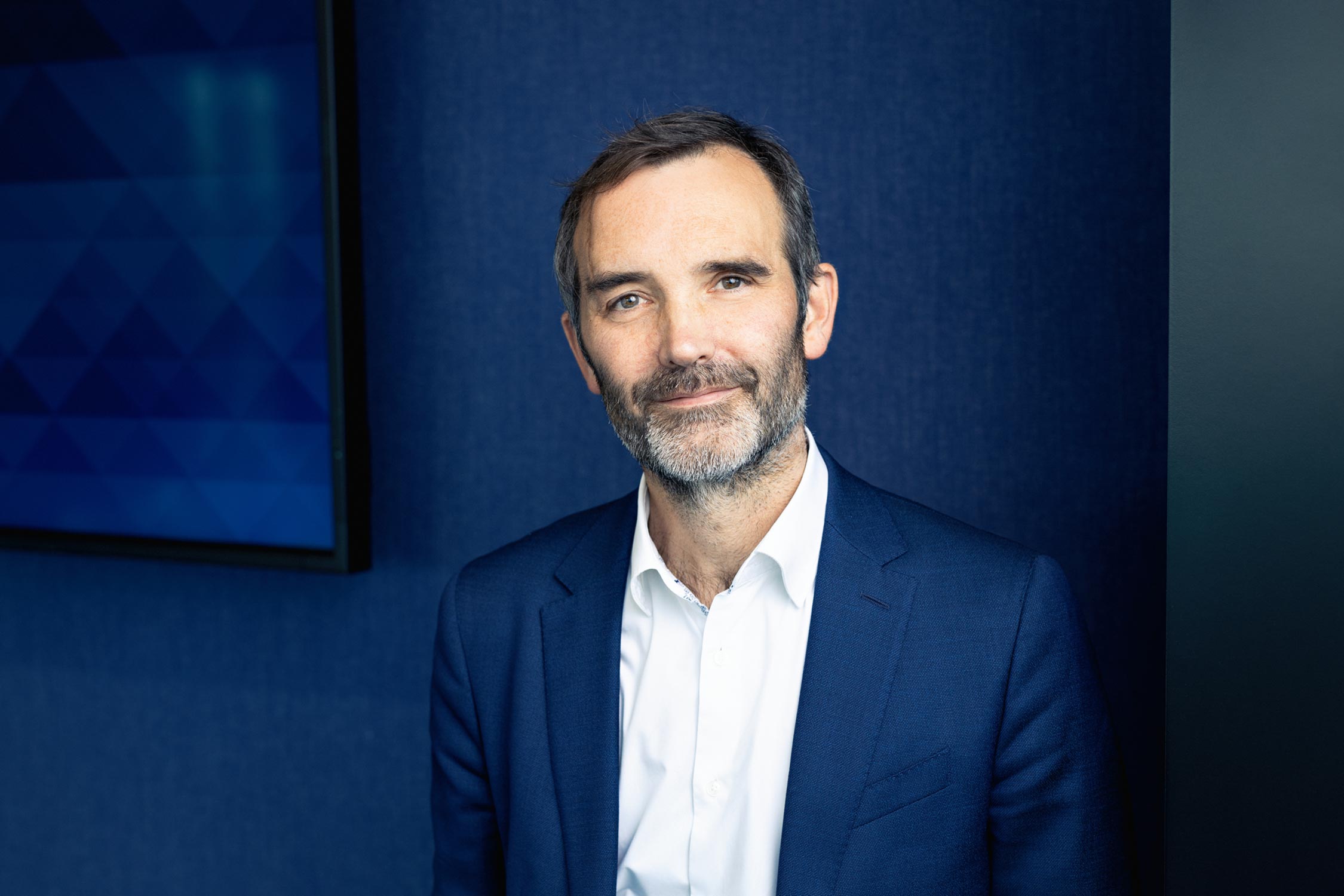
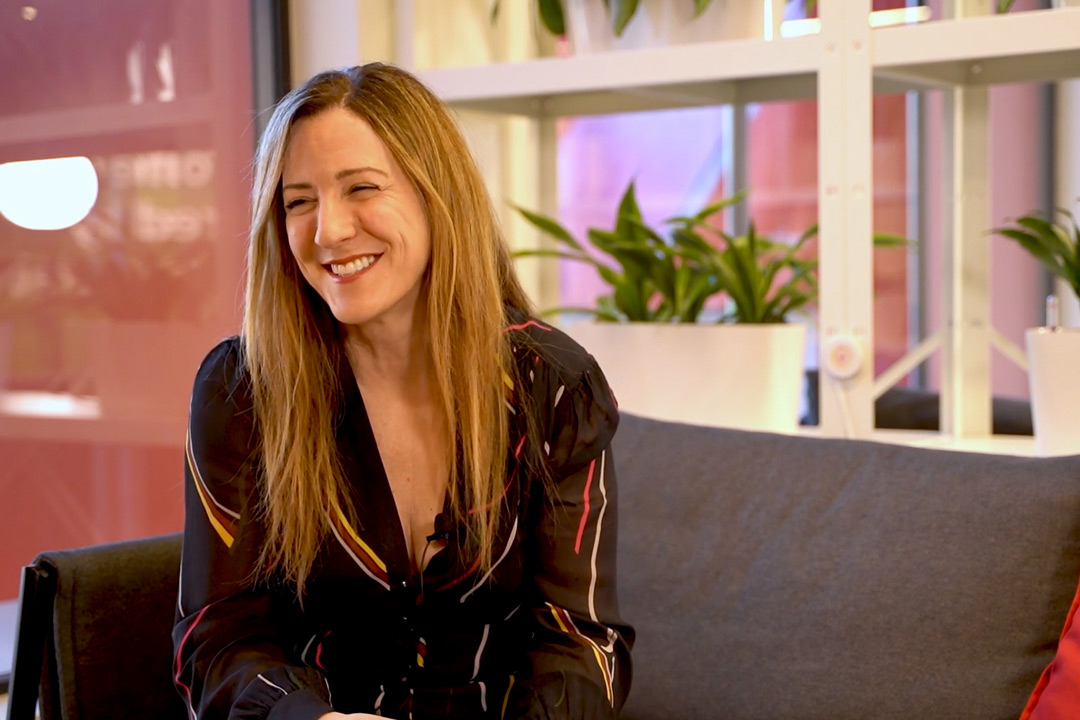
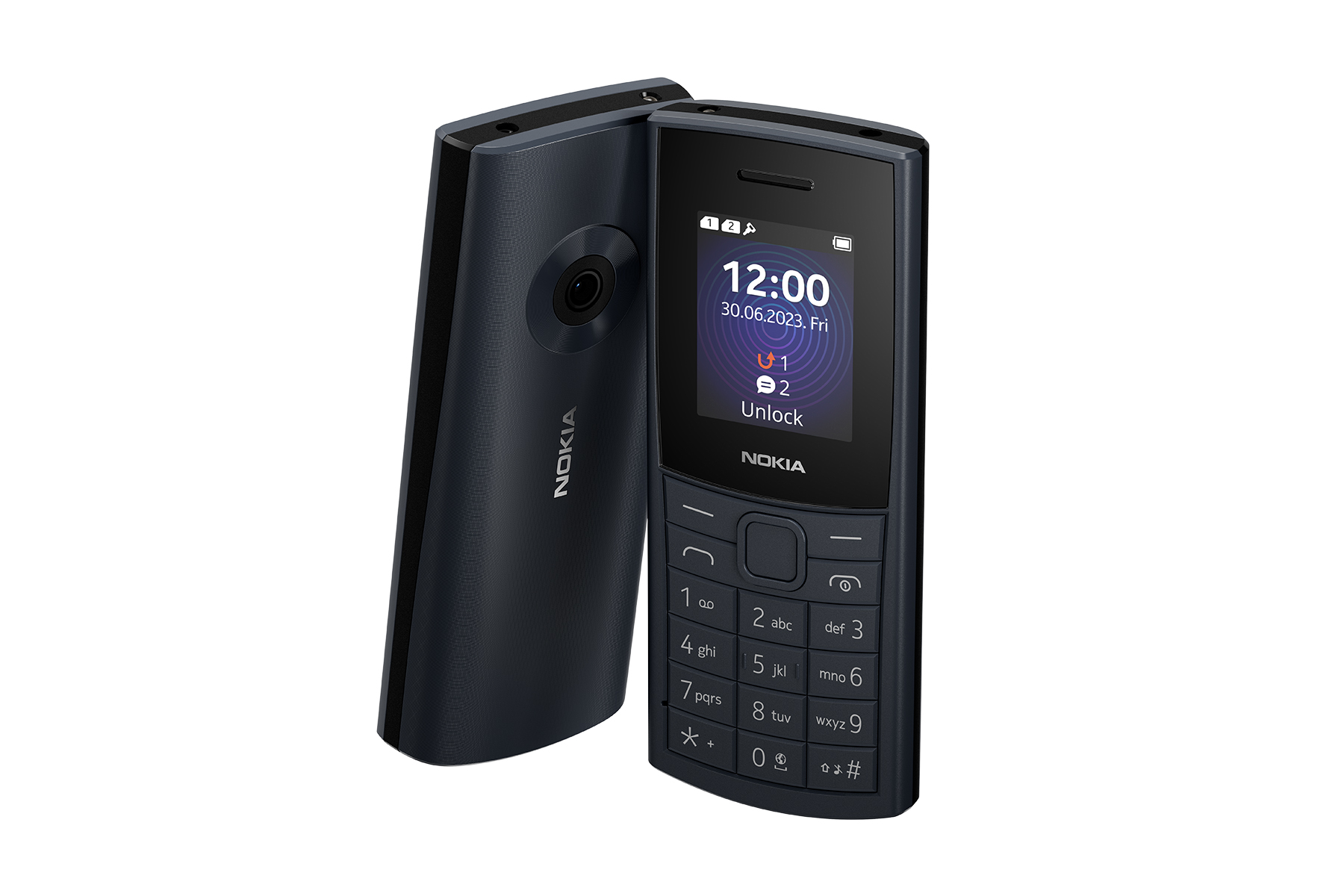
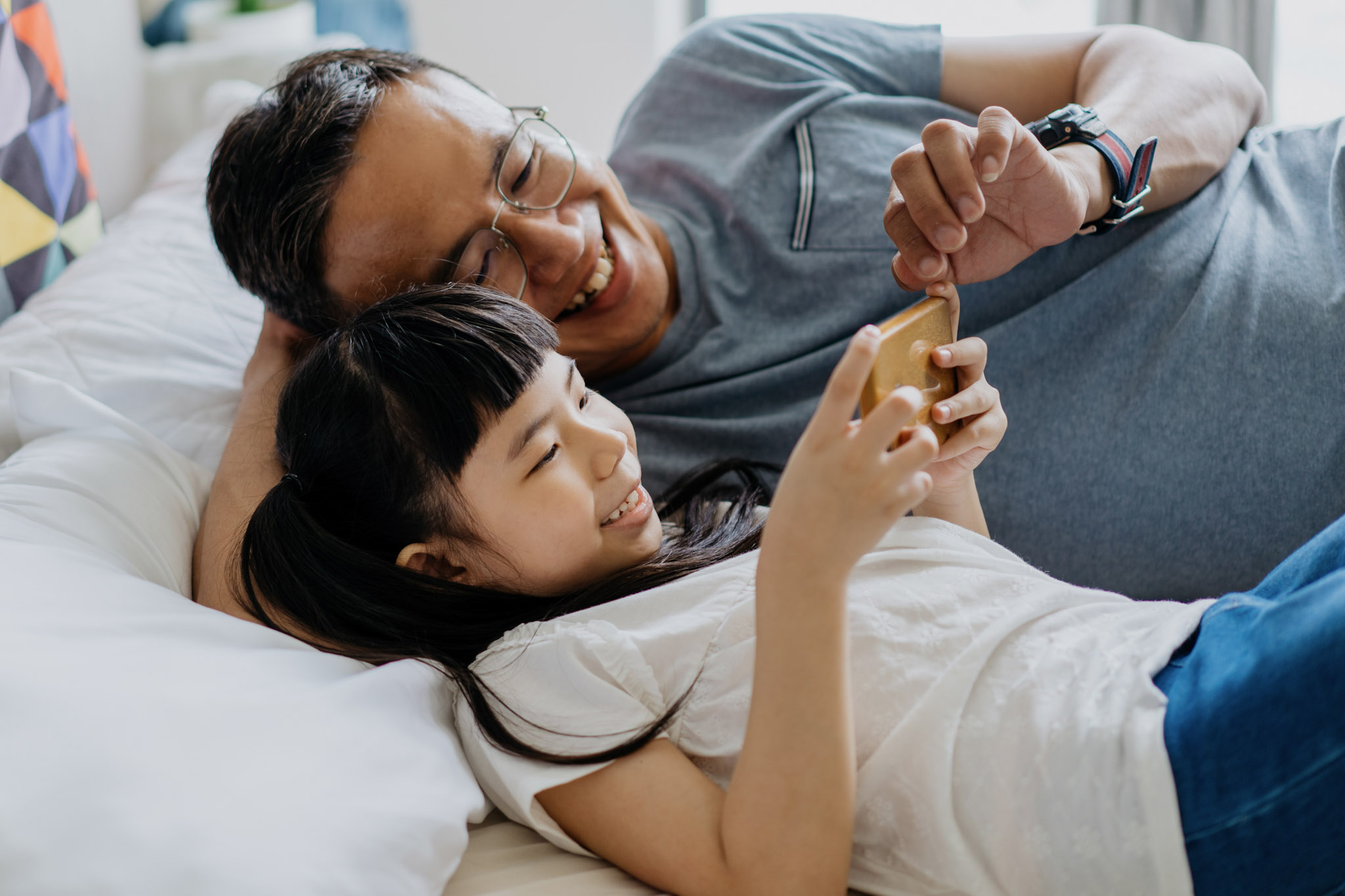
![Portrait of school age boy sitting at kitchen table do not want to eat[Adobe Stock] stock photo of a young boy sitting at a kitchen table, refusing to eat the food in front of him](https://www.vodafone.co.uk/newscentre/app/uploads/2024/03/Portrait-of-school-age-boy-sitting-at-kitchen-table-do-not-want-to-eatAdobe-Stock.jpg)